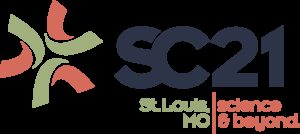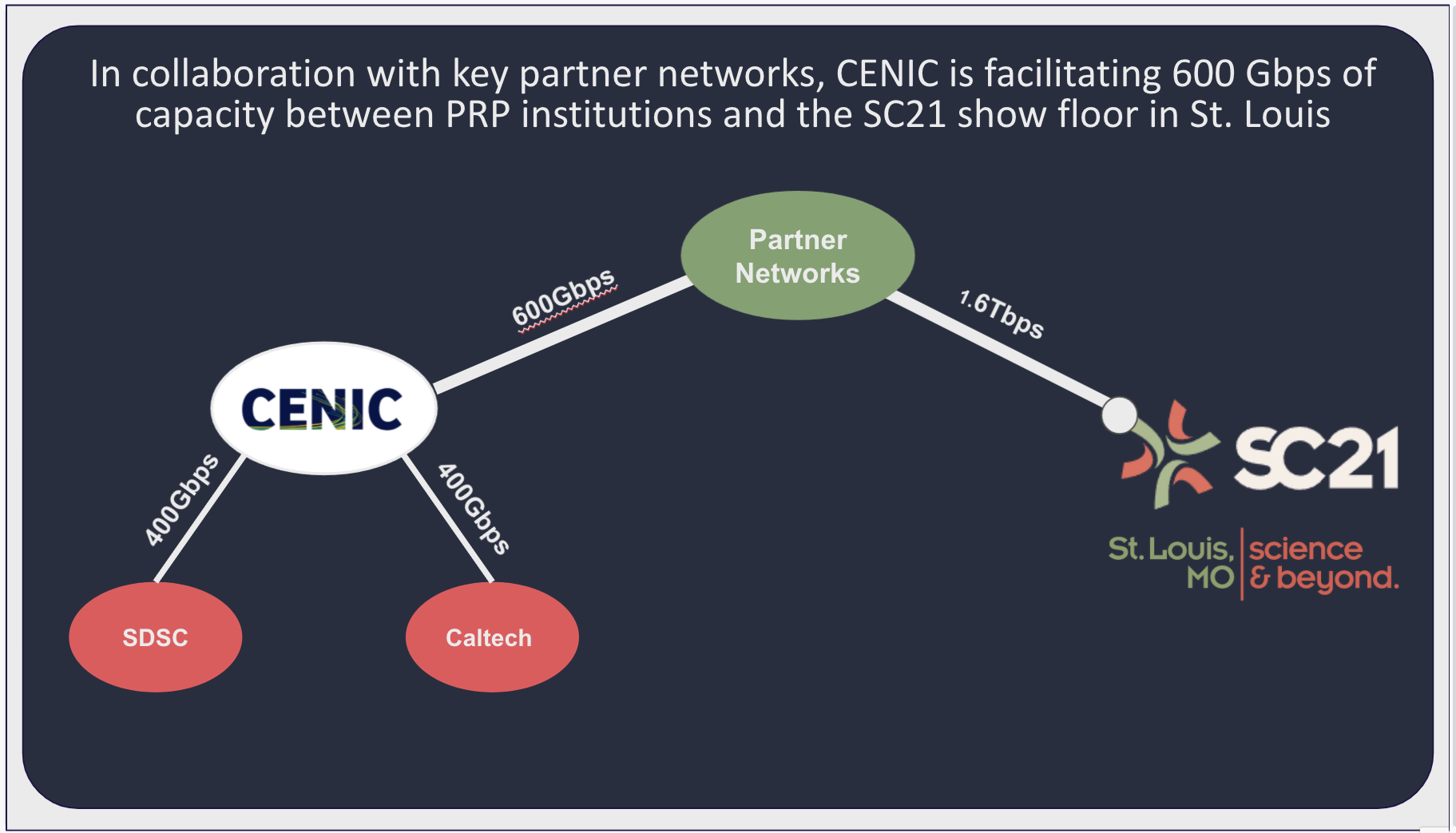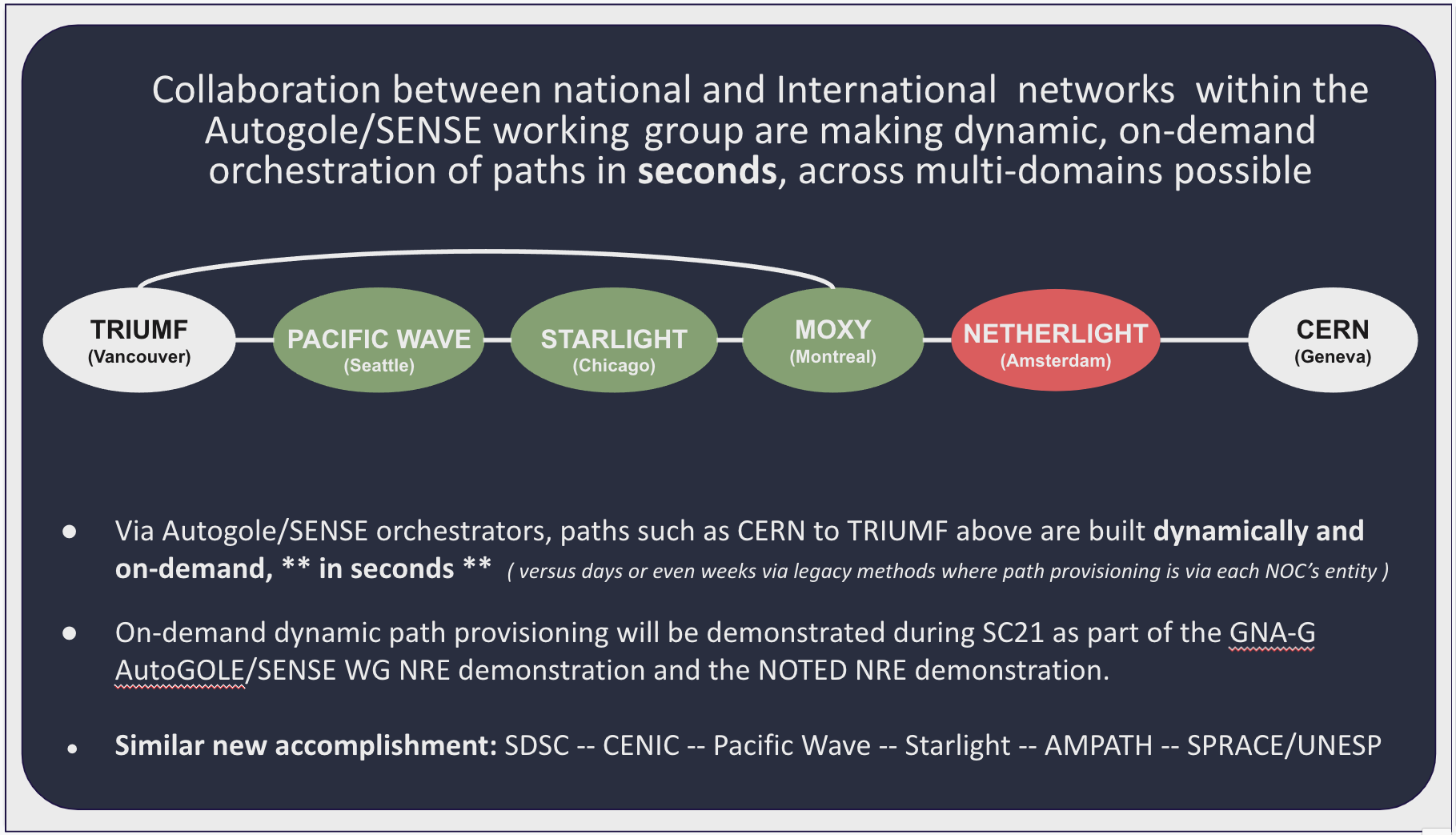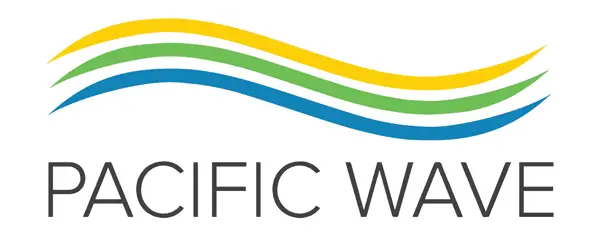- About
- Network
- Community
- Initiatives
- News
- Events
- Blog
- Publications

SC21 + CENIC
Categories RENS & NRENS Pacific Wave

As the SC21 conference launches both in St. Louis and virtually, CENIC’s network engineering team is hard at work preparing to help support a number of demonstration projects designed to show the power of global collaboration to fuel science and discovery.
Demonstrations will involve AutoGOLE/SENSE, a worldwide collaboration of Open eXchange Points and research and education networks. It is a software-defined network application that can provision end-to-end network paths dynamically on-demand across multiple domains.
Scientific, research networking, and private sector partners who are leading these demonstrations, include Caltech, UC San Diego, the GNA-G, Internet2, ESnet, Ciena, Arista, Starlight, SURFnet, KISTI, and Pacific Wave.
The partners plan to show how this new generation of intelligent, dynamic, and adaptive software-driven network can serve the exponentially bigger data needs of contemporary science. Scientists and researchers in fields such as genomics, physics, climate observations, and bioinformatics need the power and speed of advanced networks that bring their data caches to their laboratories and desktops.
CERN to Vancouver in Seconds

AutoGOLE/SENSE will demonstrate its potential by orchestrating, or provisioning, a path between CERN in Geneva to TRIUMF in Vancouver. The path will connect CERN in mere seconds through NetherLight in Amsterdam, Moxy in Montreal, Starlight in Chicago, through Pacific Wave in Seattle to TRIUMF in Vancouver. Entitled the NOTED Demonstration, this type of connection formerly took days to set up and now you can watch the next generation of networking in seconds.
The SC21 demonstrations that involve the network engineers of CENIC and partners are the Network Research Exhibitions, or NRE #s 002, 005, 015, 016, and 018.
Related blog posts
Pacific Wave Signs MoU with New Japan-Based Research and Education Exchange Facility FUJIXP
Pacific Wave, International Networks at Indiana University (IN@IU), and Coalition of Interoperable Networks for Japan (CINJI) and International have signed an MoU formalizing connectivity to FUJIXP, CINJI's new Tokyo-based open exchange facility for research and education networks.
The Big Game Is Big Data: How CENIC and the California Research and Education Network Support Member Athletics
When Fresno State needed to connect to Pac-12 Enterprises to broadcast a live football game over CBS, the Chancellor's Office reached out to CENIC for what Pac-12 later called the smoothest turn-up they've ever experienced.


